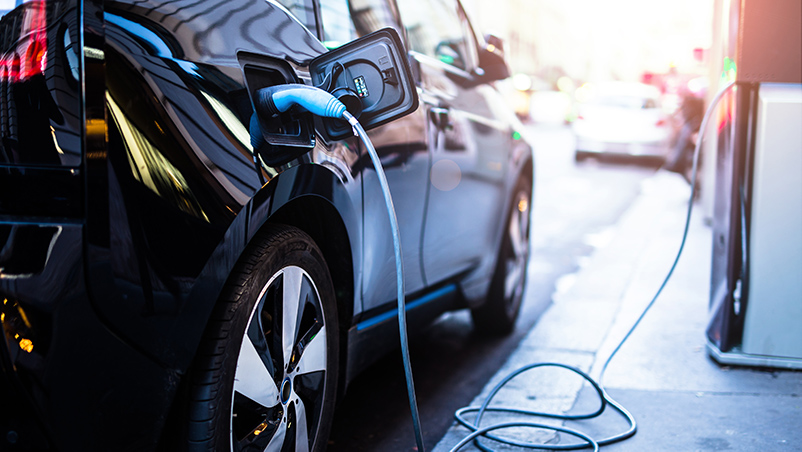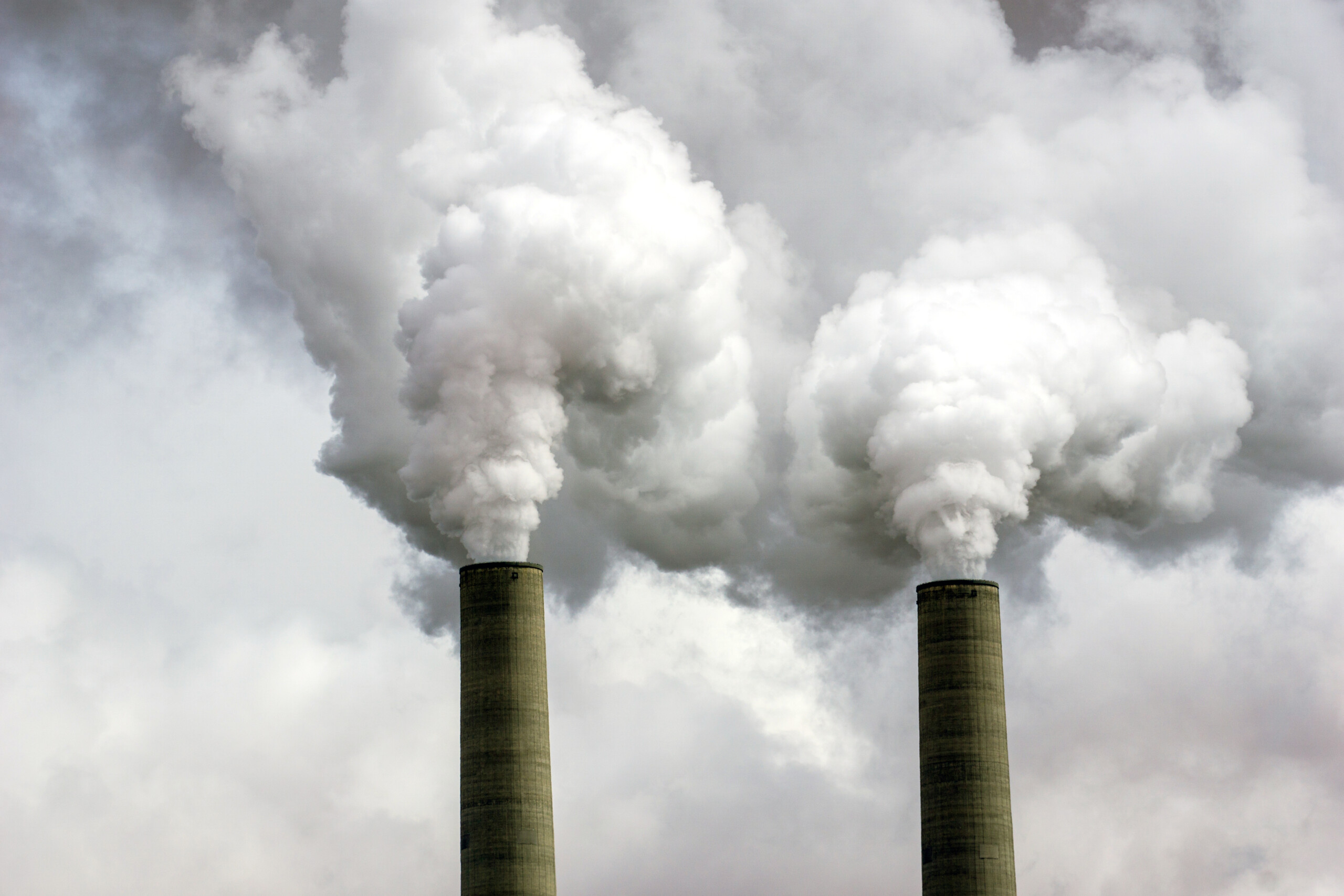Annual Report 2020
Our goal is to reduce emissions from the power sector in the Interior West at least 51% by 2030, compared to 2016 levels, with the aim of achieving 100% clean energy no later than 2050.
Secured: We are making significant progress toward that 51% goal by developing and advocating for policies and regulatory approvals for utility coal-plant retirements and renewable energy acquisitions. To date we have locked in 39 million tons of annual carbon-dioxide reductions by 2030, compared with 2016 levels.
Anticipated: We expect that another 37 million tons of annual carbon-dioxide reductions will be secured during the next three years through our continued work with decision makers, utilities, and regulators.
Remaining: With your help, we can secure the remaining 29 million tons of emissions reductions required for taking significant action on climate change.

Setting the Stage for Transportation Electrification in Colorado
WRA worked tirelessly in 2020 to ensure that Xcel Energy’s $110 million transportation electrification plan included meaningful actions, such as installing up to 20,000 charging stations, providing rebates for the purchase of electric vehicles, managing new charging load, and creating a budget with a focus on equity. The plan is the largest investment by a utility outside California and New York to support EVs and is a crucial step in reaching Colorado’s goal of having 940,000 EVs on the road by 2030.
Ensuring Arizona Utilities Commit to Strong Clean Energy Goals
In 2020, two of Arizona’s largest electric utilities, Tucson Electric Power (TEP) and Arizona Public Service (APS), announced plans to significantly decarbonize their energy portfolios. WRA played an integral role in securing both commitments by attending countless meetings with the utilities and providing comment to inform both utilities’ Integrated Resource Plans (IRPs), which lay out various future energy portfolio models for the Arizona Corporation Commission (ACC) to acknowledge. As a member of the advisory councils for both utilities, WRA suggested various portfolios to model, reviewed the utilities’ modeling, and provided written and oral comments on the IRPs. TEP committed to exit all coal by 2032, be 70% renewable by 2035, and reduce its carbon dioxide emissions 80% from 2005 levels by 2035. APS committed to exit all coal by 2031, be 45% renewable and 65% clean by 2030, and be 100% decarbonized by 2050.

Securing the Shutdown of the San Juan Generating Station
New Mexico’s San Juan Generating Station is closing, thanks to more than a decade of WRA effort and steadfast advocacy. In 2020, WRA worked with a broad coalition of partners to demonstrate that a just transition from coal to renewable energy was economically better for ratepayers and the utility, which ultimately led to approval by the New Mexico Public Regulation Commission of a package for solar energy and battery storage replacement. The regulators unanimously approved a suite of renewable energy investments to replace the energy and jobs the coal-fired plant provides, including major solar energy development on Jicarilla Apache lands. The projects will invest more than $1 billion in the local school district and create 1,200 multiyear construction jobs in the Four Corners area.
Helping PacifiCorp Customers Take control of their Energy Use
In 2020, PacifiCorp started investing in a more advanced and automated distribution grid and replacing some of its older meters with smart meters. Smart meters allow customers more access to information about and control over their electricity use and can even help electric utilities reduce greenhouse gas emissions. However, PacifiCorp’s grid modernization efforts, as proposed, were incomplete and not well vetted. WRA revealed that customers would not have equal access to more advanced programs and rates unless PacifiCorp made an additional investment in its customer service system. In response, the Utah Public Service Commission ordered a smart grid collaborative process, in which WRA aims to ensure equitable access to smart meters and an advanced grid, as well as the benefits they provide.






